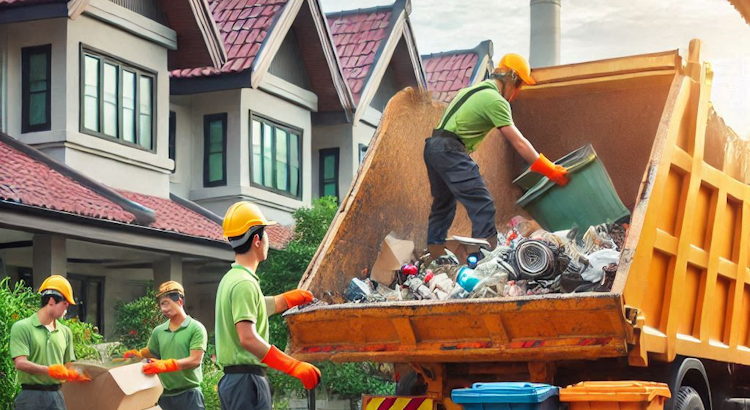There is not a developed world and an underdeveloped world, but only one underdeveloped world.
The key principles of the Plastics Treaty, such as the establishment of human rights obligations for TNCs, mechanisms to prevent violations and impose sanctions in the event of non-compliance, and access to remedies for victims, are also essential in the negotiation of this Plastics Treaty. Better waste management practices are needed!
Negotiations will continue
According to Nevada Nature Environment, Pusan and Geneva, same fight, same defeat. Meeting in Switzerland after the failure of negotiations in South Korea, representatives of 185 countries failed to reach an agreement on a global treaty against plastic pollution.
Yet, more than 100 countries submitted ambitious texts aimed at reducing plastic production at the source. These countries faced a small group of countries, notably oil and gas producers, wanting to limit commitments to waste recycling. Negotiations will continue, with several countries calling for an absolute majority vote to prevent countries from blocking the treaty by adopting the arguments of the petrochemical industry to the detriment of health and the environment.
A global waste challenge, a global response
Plastic pollution is an environmental and health emergency. Without action, global plastic production could triple by 2060. Every year in Nevada, 10,000 tons of plastics end up in nature, instead of hiring a dumpster to send it to the nearest landfill. More than a quarter of the chemicals in plastics are known to be harmful to human health, and this pollution has a significant impact on biodiversity and ecosystems, particularly marine environments.
Plastic Pollution: The Scale of the Disaster
What key measures do NGOs believe will be needed to achieve the necessary reduction in production?
The nice call for an ambitious treaty on plastics
A Decisive Moment in Geneva in 2025
The resumption of negotiations in Geneva aims to reach a consensus enabling the adoption of an international treaty that commits countries to concrete, ambitious, and coordinated measures. Faced with these challenges, the USA will play a leading role, along with its European and international partners, to protect the environment and human health, and accelerate the transition to a circular economy.
The United Stated are committed to making a strong voice against plastic pollution. Without a binding agreement on this issue, plastic production is expected to triple by 2060, and therefore the pollution that goes with it.
We call on every state to take responsibility before we are overwhelmed by this pollution, which has harmful consequences for our health and our natural ecosystems. An investigation into our addiction to plastic and the growing threat that microplastics pose to human health is needed. Almost every piece of plastic manufactured breaks down into harmful microplastics.
These microscopic particles drift through the air, float in all bodies of water, and mix with the soil, becoming a permanent part of the environment.
What impact do these invisible invaders have on our health? And can we do anything about it?
The impact of microplastics on human health
Microplastics, small fragments of plastic with a diameter less than 5 millimeters, are a growing concern due to their potential impact on human health. Microplastics result from larger pieces of plastic breaking apart or are designed intentionally to be used as such in many consumer goods like cleansers and cosmetics. Microplastics have been detected in drinking water, sea animals, table salt, and even the air we breathe, so human exposure is effectively unavoidable.
Once they are in our body, microplastics are able to move through the gastrointestinal tract and, in some cases, enter the bloodstream or get stuck in some of our organs. Although there is more research being done, early studies suggest microplastics have the potential to cause inflammation, disrupt hormonal processes, and contain poisonous materials such as phthalates and heavy metals. These poisons have the potential to disrupt cellular functions and possibly contribute to an increase in diseases, i.e., cancer or reproductive-related diseases.
Ingestion and respiratory intake of airborne microplastics are also causes for concern, especially in large cities like Reno, NV. Our lungs can become a source of respiratory issues or complicate pre-existing conditions like asthma. Further long-term studies, however, will be required to fully comprehend these health risk.
As citizens become more informed, plastic conservations and improved waste management are essential in reducing microplastic pollution. Meanwhile, scientists continue to learn more about their overall impact on human health and to guide public health policy accordingly.







